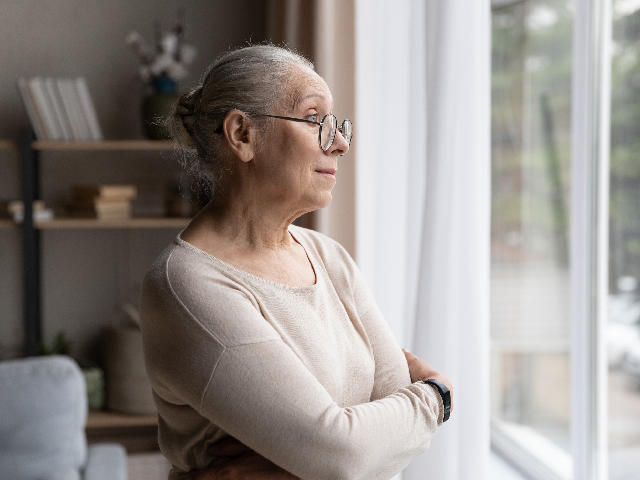Your Spiritual Needs with Advanced Cancer
Many people who have advanced cancer seek peace and comfort by looking more deeply for meaning in their lives. They often want to:
- understand their purpose and their legacy
- look at life through spirituality
- examine the things they have gone through in life
- look for a sense of peace or a bond with others
- seek to forgive themselves or others for past actions
- look for answers and strength through religion or other belief systems
Being spiritual can mean different things to different people. People have different ideas about life after death, miracles, and other religious beliefs. This is a very personal issue. And everyone has their own feelings about the meaning of life. Some people find meaning through religion or looking to a higher power. Some people find it by teaching or through volunteer work. Others find it in different ways, such as being in nature or through meditation.
Having advanced cancer may cause you to rethink what you believe. It may bring up anger, doubt, or other strong emotions. You may think about God or wonder about an afterlife. This can bring a sense of peace and acceptance for some. For others, it can raise a lot of questions. Sometimes people feel they are being punished by God or have a loss of faith. For some, once they learn they have terminal cancer, the beliefs they have may affect their treatment choices or how anxious they feel about death.
Learning you have advanced cancer may change your values. The things you own and your daily duties may seem less important. You may decide to spend more time with loved ones or helping others. You may feel like you’re learning what things are most important to you and who in your life you want to be with the most.
You may have already given a lot of thought to these issues. Still, you might find comfort in exploring more deeply what is meaningful to you. You could do this with someone close to you, a member of your faith community, or a mental health professional.
Or you may just want to take time for yourself to reflect on your experiences and relationships. Being in nature or spending time in places that bring a sense of calm and peace can help you reflect. Many people find that prayer, meditation, writing in a journal, or talking with others has helped them cope and explore their lives.
Celebrating Your Life
Reflect on your life. Having advanced cancer often gives patients and family members a chance to look back on life and all they have done. They rethink the things that are important to them. Some like to:
- look at the different roles they have played throughout life
- think about what an event or certain time of life meant then, and what it means now
- gather things that have meaning to them to give to their loved ones
- share memories or create projects with people who are close to them
Make a legacy. Doing the things above is often called "making a legacy.” Your legacy can be anything you want. Do whatever you want that brings joy and meaning to you. Some examples of things people have done:
- making a video or recording of special memories
- reviewing or arranging family photo albums or creating ones online
- charting or writing down your family’s history or family tree
- keeping a daily journal of your feelings and experiences
- building something with wood or metal
- making a scrapbook
- writing letters to loved ones and children
- reading or writing poetry
- creating art or jewelry
- giving meaningful objects or mementos to loved ones
- writing down or recording funny or meaningful stories from your past
- planting flowers or other plants with people close to you
- making a recording of favorite songs
- gathering favorite recipes into a cookbook
Create an ethical will. Some people with cancer also make what is called an ethical will. It's not a legal paper. It's something you write yourself to share with your loved ones. Many ethical wills contain the person's thoughts on his or her values, memories, and hopes. They may also talk about the lessons learned in life or other things that are meaningful. It can say anything you want, in any way you want.
